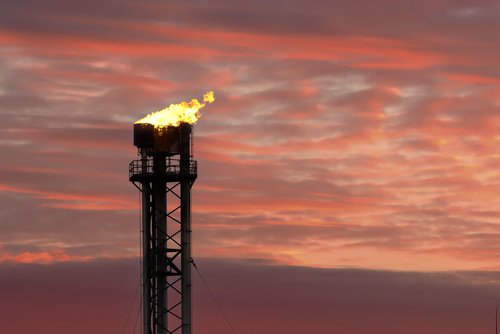Belgium, (Brussels Morning Newspaper) French dairy giant Danone announced plans to cut methane emissions 30% by 2030 in cooperation with farmers, businesses and governments.
More than 100 countries have pledged to cut their methane emissions 30% by 2030 compared to 2020 levels, but few have presented plans to reach this goal, according to Reuters reporting on Tuesday.
Danone operates in 20 countries and cooperates directly with more than 50,000 dairy farmers. The company noted that it cut its methane emissions roughly 14% in the period between 2018 and 2020, and announced it would continue to lower emissions.
As part of the emissions reduction plan, Danone announced four new methane reduction initiatives this year in Europe, the US and Africa.
The company pointed out that it is cooperating with the US Department of Agriculture and environmental NGO Environmental Defense Fund as well as the EC-funded Climate Neutral Farms project.
Danone’s vice president of public affairs Chris Adano stressed that small changes can have a big impact on outcomes.
“In Belgium and Spain, for example, we’re looking at a variety of different manure options,” he noted and pointed out that drying the manure before using it as fertiliser can lower methane emissions.
Cost of reduction plan unknown
Danone did not say how much it plans to invest in the emissions reduction plan, with Adano noting “the costs are really, frankly, somewhat unknown, or early days in terms of estimating because these are new technologies that are coming out.”
According to some estimates, roughly 60% of methane emissions come from the industry including oil and gas extraction, pipelines, landfills and more.
Danone pointed out that an estimated 8% of anthropogenic methane emissions come from dairy production, adding that livestock activities and agriculture account for about 40% of total methane emissions.
The company announced it would include methane emissions in its future financial reports and concluded that the methane emissions reduction plan will remove 1.2 million tonnes of CO2 equivalent in the next seven years.
Environmental activists are warning that methane, rather than CO2, is the main threat to the climate, calling for aggressive policies aimed at curbing emissions.




